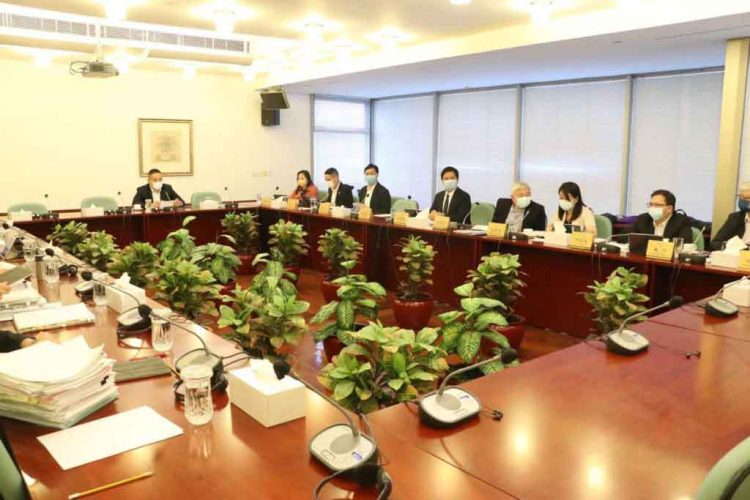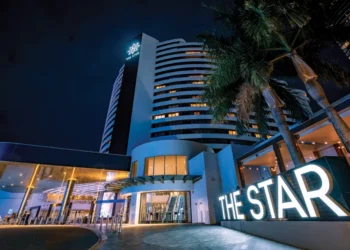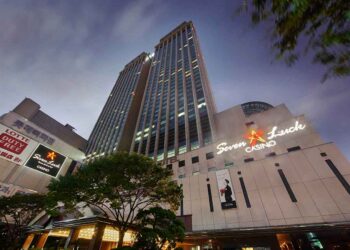The Macau government would hold the power to change the minimum GGR it requires each concessionaire to reach at any time based on the prevailing economic conditions, it has been revealed.
The Second Standing Committee of the Macau Legislative Assembly continued to discuss the Gaming Law on Monday – the second such meeting since the government submitted its revised text to the committee.
In the original text of the amended Gaming Law, it was stipulated that if the gross revenue of the licensee did not reach a “minimum income” set by the government, a special premium would need to be paid by the concessionaires to the government to make up the difference. The Chief Executive will set the minimum income per table and slot machine each year.
However, committee Chairman Chan Chak Mo said Monday that the new text submitted by the government had seen “annually” changed to “annually or at a specified time”. It also includes a new clause stating the government will set the minimum income per gambling table and per slot machine in line with the economic environment of Macau and that the government can adjust the minimum income in case of “force majeure”.
The amendment will address the potential for unforeseen events, such as the global pandemic, to artificially increase the effective rate of special gaming tax. This possibility was raised by IAG in March in part 8 of its special 14-part series on the new Macau gaming law.
“The government can change the threshold of minimum income at any time in response to economic conditions or unforeseen events, and the committee has no strong opinion on this,” Chan said.
The government has also amended Section 5(C) from “the total maximum number of gaming tables and slot machines to be operated would be announced by the Chief Executive” to “the total maximum number of gaming tables and slot machines that may be operated by each concessionaire will be announced by the Chief Executive”. This means the Chief Executive will also announce the number of gaming tables and slot machines that each individual concessionaire may operate, rather than just stipulating aggregate numbers for all of Macau.
Chan revealed other textual content of the Gaming Law, including a stipulation that if a concessionaire no longer operates a casino, it must ensure that the casino entrance and exit, water supply, electricity supply and other equipment remain intact and operational for any new concessionaire to use. Failure to comply may result in a fine of between MOP$2 million and MOP$5 million.
[Ed: The Macau SAR Government has since announced that there was an error in the amended Chinese text of the gaming law which wrongly suggested the total maximum number of gaming tables and slot machines that may be operated by “each concessionaire” would be announced by the Chief Executive. The error has now been corrected to show that the caps will be defined for the industry as a whole].


































